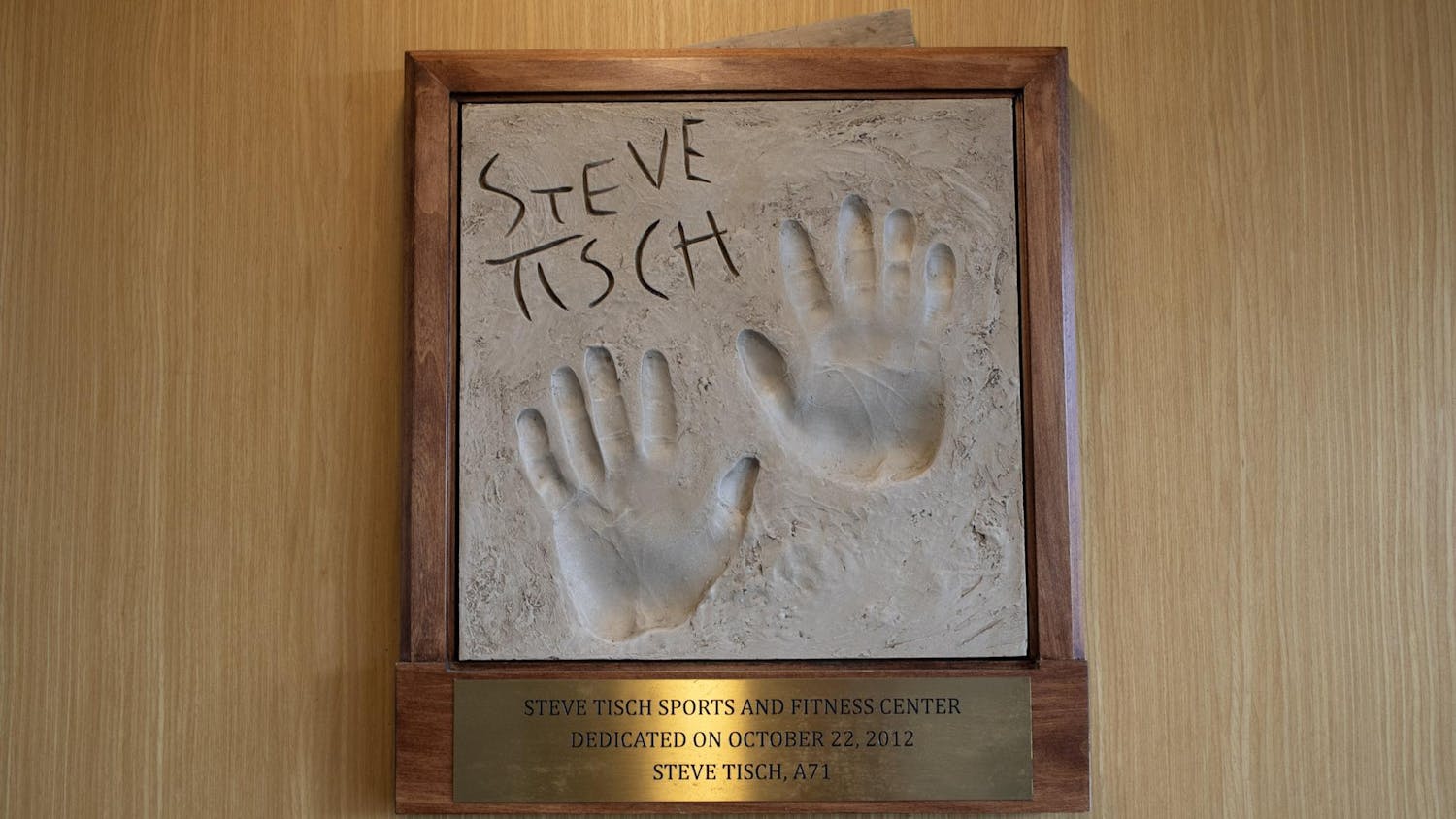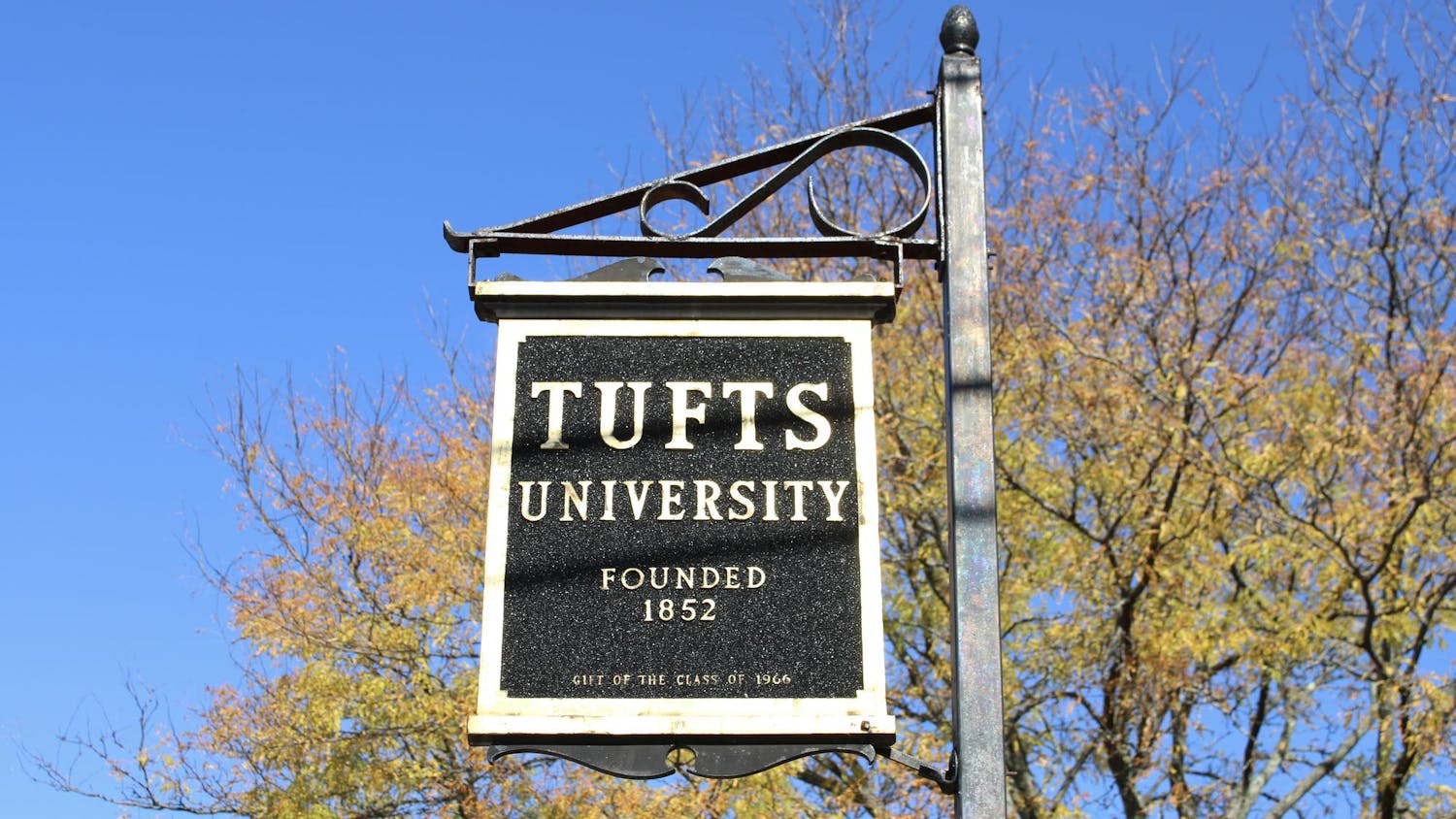As a kid most of us can remember hearing at one point or another: “In 1492, Columbus sailed the ocean blue.” Younger students of 2016 and beyond, however, might find themselves remembering Columbus in a more negative light as a mass murderer in the likes of Adolf Hitler and Joseph Stalin. While organized anti-Columbus Day sentiments have been circulating the political atmosphere since the 1970s, not until the past decade or so have more serious efforts been made to change the holiday to “Indigenous People’s Day” or to abolish the holiday all together. College students, among others aware of the history of Columbus’s exploits in America, are very quick to entirely characterize Columbus as nothing more than a perpetrator of genocide. According to historian Howard Zinn, Columbus is estimated to have massacred “through murder [and] mutilation…more than half the 250,000 Indians in Haiti.” Many at Tufts University, among many others in colleges and institutions in the United States, have lobbied extensively to officially change the October holiday’s name to Indigenous Peoples’ Day to commemorate Native American history.
There is no historical dispute that Columbus’s colonization efforts in Hispaniola between 1492 and 1498 resulted in the deaths of a ghastly number of Native Americans. Numerous accredited historians from James W. Loewen to Samuel Eliot Morison have established that what Columbus did fits the modern UN definition of genocide. This part of Columbus’s history should be acknowledged, but it is a fallacy to assume the 1937 United States national holiday of “Columbus Day” was designed with the intent to celebrate the acts of genocide committed by Columbus. In fact, according to 36 U.S. Code § 107, the 1937 piece of legislation passed by Congress creating the national holiday, the purpose of the holiday was to “express the public sentiment befitting the anniversary of the discovery of America.” The intent of Columbus Day was never to celebrate the brutal consequences of the imperialism manifested in the Age of Exploration and beyond. The holiday was designed to celebrate Columbus’s efforts to fund a voyage across the Atlantic in an effort to find an alternative route to the East Indies, an effort in itself that deserves at least some degree of historical commendation.
Many here at Tufts have taken an active role in pushing for renaming the holiday. Recently, the TCU Senate overwhelmingly passed a resolution requesting the university officially to rename the Columbus Day holiday to Indigenous Peoples’ Day. According to an online petition to rename the holiday here at Tufts, “The change is to acknowledge the history of colonialism and racism that 'Columbus Day' embodies, and to center the narratives of Indigenous People’s.” While a need for a day commemorating Native American culture and the brutal history they suffered under the U.S. Manifest Destiny mentality doesn't exist, renaming Columbus Day does next to nothing to compensate in any way for the wrongs perpetrated against Native Americans.
Proponents of the name change might argue that disassociating Columbus as a historical hero is a must, but this mentality raises the question of how far Americans and the rest of the world will go to erase evidence of imperialism in the world. Less than a year ago, on a trip to Alaska, President Obama announced he would be renaming North America’s tallest mountain, Mt. McKinley, to Mt. Denali in “a historic nod to the region’s native population.” When does the effort to erase evidence of imperialism go too far? Should lawmakers devote their seriously limited time to renaming the Strait of Magellan because Magellan was an imperialist or renaming Rhodes University in South Africa because the money of 19th century imperialist Cecil Rhodes founded it? Renaming everything on this planet touched by imperialism is superfluous when so many are suffering from more pressing problems like war and poverty.
The unfortunate reality of modern life is that imperialism has shaped a dramatically large portion of the history of the world. Making an effort to wipe out its unfortunate side effects risks damaging mankind’s recorded record of history. How does this connect back to Columbus, one might ask? Regardless of one’s opinion on how Columbus should be historically portrayed, the role he played in accidentally sailing to the New World is large enough for him to be acknowledged as a historical character of importance. Perhaps whether or not his achievement merits a national holiday can be debated, but if a holiday is retained, the “Columbus” in the holiday’s titling should be maintained to pay homage to his achievement. It is up to those truly knowledgeable of history to discern, in an unbiased manner, why the holiday is being celebrated: not as a celebration of genocide or imperialism but as a commemoration of discovery in an age of much closed-mindedness and fear. Call it “Columbus and Indigenous Peoples’ Day.” Keep calling it “Columbus Day” but recognize the caveat. Make “Indigenous Peoples’ Day” a separate national holiday. Invent a new name for the holiday like “Columbus Discovery Day.” The moral of this story is that history should not be biasedly distorted to suit anyone’s agenda, regardless of what stance they take on the Columbus Day question.
More from The Tufts Daily





